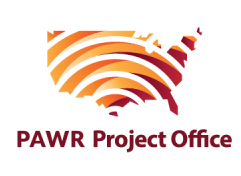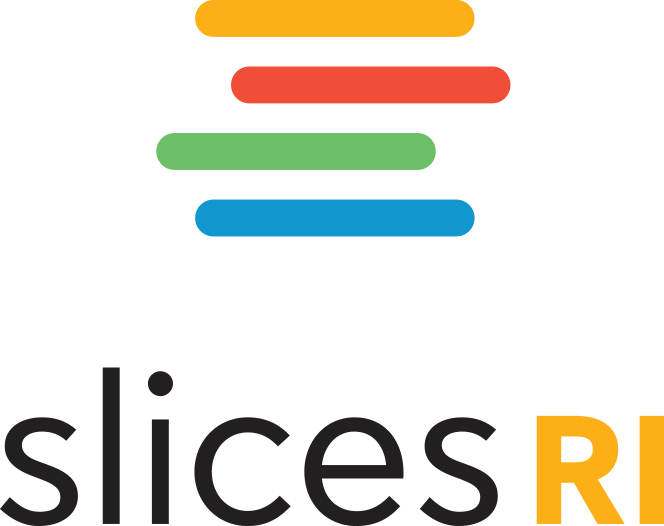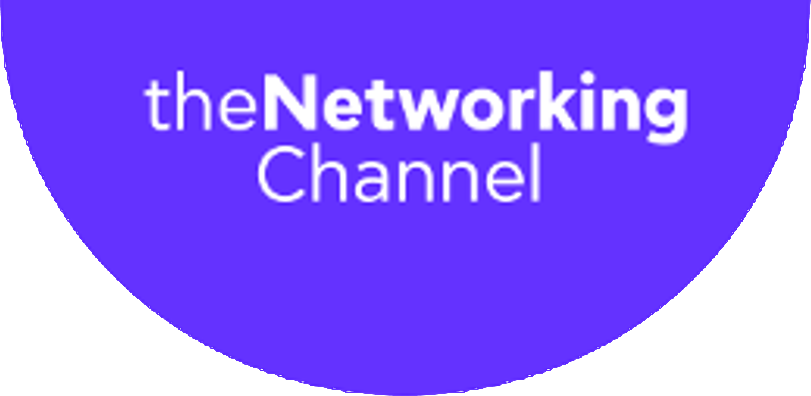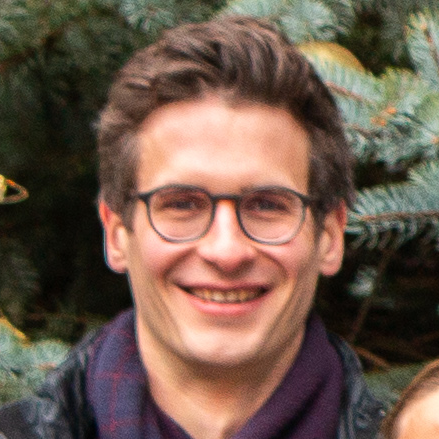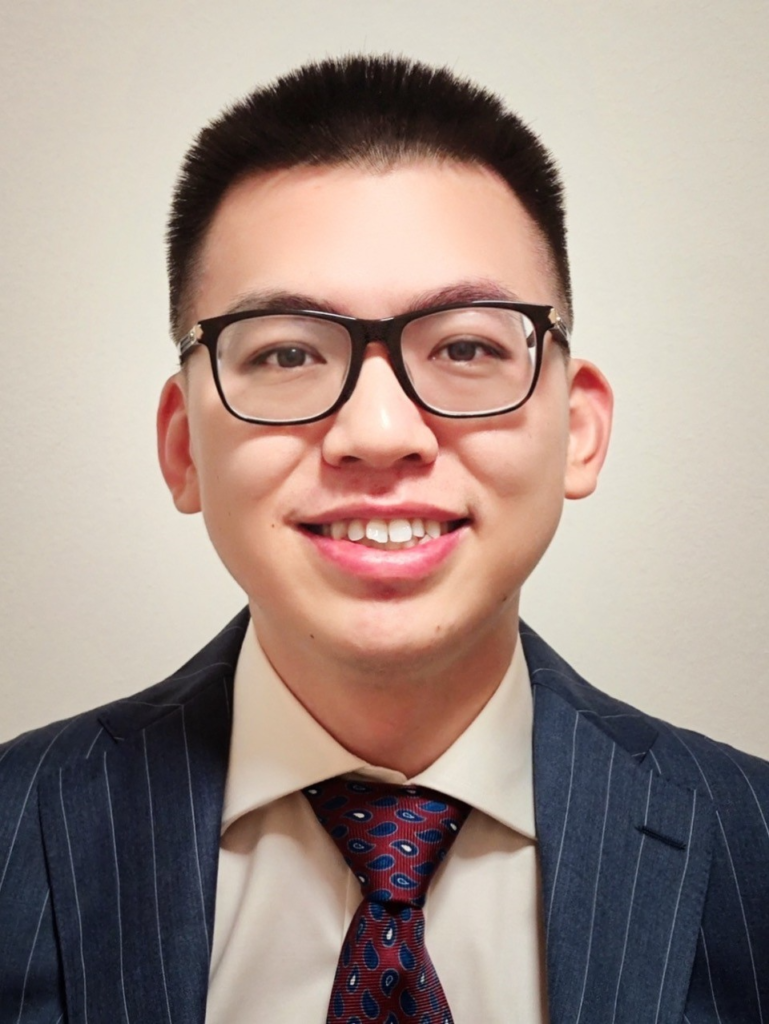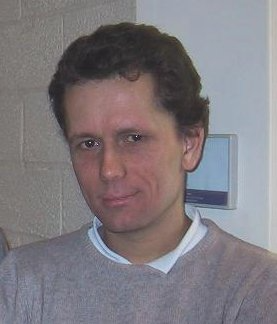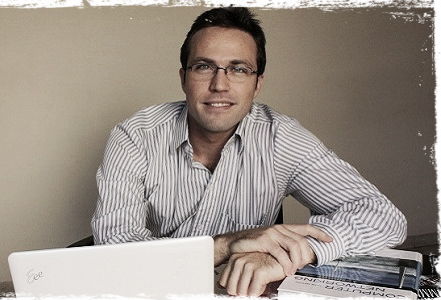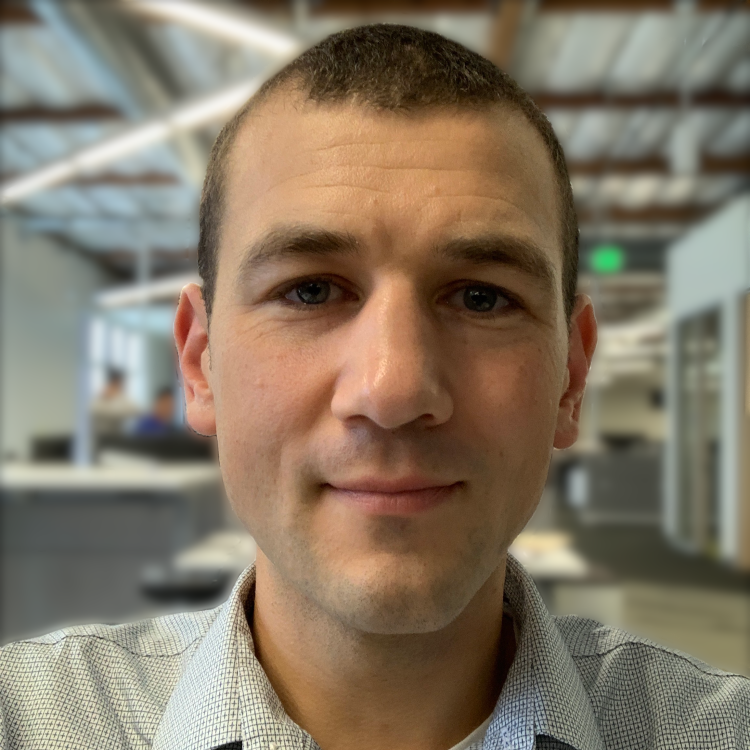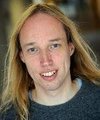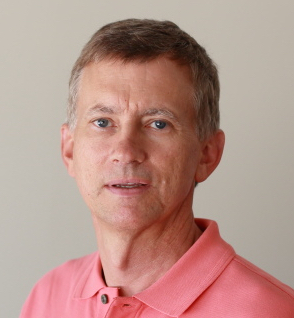
Larry Peterson
speaker
Larry Peterson is the Robert E. Kahn Professor Emeritus of Computer Science at Princeton University, where he served as Chair from 2003-2009. He is a co-author of the best selling networking textbook Computer Networks: A Systems Approach (now open sourced), and he continues to author systems-related books and educational material. He also serves as Chief Scientist at the Open Networking Foundation, where he contributes to open source edge cloud platforms. His research focuses on the design, implementation, and deployment of Internet-scale distributed systems, including the widely used PlanetLab and MeasurementLab. A bibliography of his papers can be found here. Professor Peterson is a member of the National Academy of Engineering, a Fellow of the ACM and the IEEE, the 2010 recipient of the IEEE Kobayashi Computer and Communication Award, and the 2013 recipient of the ACM SIGCOMM Award. He received his Ph.D. degree from Purdue University in 1985.
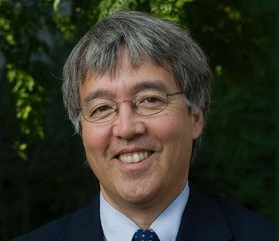
Jim Kurose
speaker / organizer
Jim Kurose is a Distinguished University Professor in the College of Information and Computer Sciences at the University of Massachusetts Amherst, where he has been on the faculty since receiving his PhD in computer science from Columbia University. He received a BA in physics from Wesleyan University. He has held a number of visiting scientist positions in the US and abroad, including the Sorbonne University, the University of Paris, INRIA and IBM Research. His research interests include computer network architecture and protocols, network measurement, sensor networks, and multimedia communication. He is proud to have mentored and taught an amazing group of students, and to have received a number of awards for his research, teaching and service, including the IEEE Infocom Award, the ACM SIGCOMM Lifetime Achievement Award, the ACM Sigcomm Test of Time Award, and the IEEE Computer Society Taylor Booth Education Medal. With Keith Ross, he is the co-author of the best-selling textbook, Computer Networking: a Top Down Approach (Pearson), now in its 8th edition. He is a member of the National Academy of Engineering and a Fellow of the ACM and the IEEE.
From January 2015 to September 2019, Jim was on leave, serving as Assistant Director at the US National Science Foundation, where he led the Directorate of Computer and Information Science and Engineering (CISE). With an annual budget of nearly $1B, CISE’s mission is to uphold the nation’s leadership in scientific discovery and engineering innovation through its support of fundamental research in computer and information science and engineering and transformative advances in cyberinfrastructure. Here is a blogpost on his NSF work. While at NSF, he also served as co-chair of the Networking and Information Technology Research and Development Subcommittee (NITRD) of the National Science and Technology Council Committee on Technology, facilitating the coordination of networking and information technology research and development efforts across Federal agencies. In 2018, Jim also served as the Assistant Director for Artificial Intelligence in the White House Office of Science and Technology Policy (OSTP).
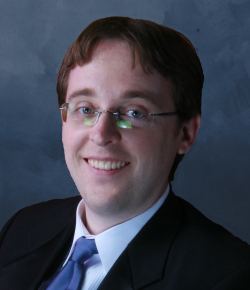
Matt Caesar
speaker / organizer
I am an Associate Professor in the Department of Computer Science at UIUC. I am also an Affiliate Associate Professor in the Department of Electrical and Computer Engineering, an Affiliate Research Professor in the Coordinated Science Laboratory, Affiliate Associate Professor in the School of Information Sciences, and a member of the Information Trust Institute. I am also Chief Science Officer of Veriflow and I serve as the Director of Education for ACM SIGCOMM. I received my Ph.D. in Computer Science from UC Berkeley.
My research focuses on the design, analysis, and implementation of networked and distributed systems, with an emphasis on network virtualization, routing, network algorithms, systems security, and cloud services. I like taking a multi-pronged approach to system design, building systems that work well in practice but are grounded in strong theoretical principles. My recent work involves network security, network verification, and Internet of Things.
